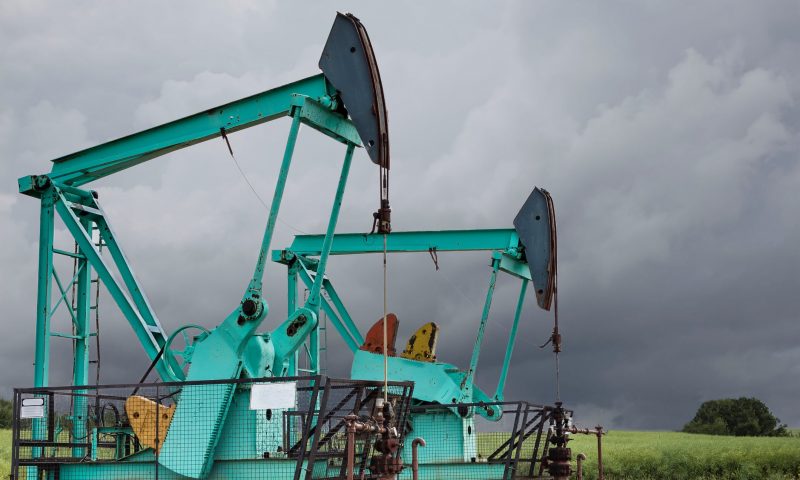Earthstone Energy Inc. Class A (ESTE) had a rough trading day for Wednesday November 06 as shares tumbled 5.82%, or a loss of $-0.28 per share, to close at $4.53. After opening the day at $4.77, shares of Earthstone Energy Inc. Class A traded as high as $4.90 and as low as $4.51. Volume was 125,173 shares over 1,346 trades, against an average daily volume of n/a shares and a total float of 64.45 million.
As a result of the decline, Earthstone Energy Inc. Class A now has a market cap of $291.95 million. In the last year, shares of Earthstone Energy Inc. Class A have traded between a range of $8.42 and $3.00, and its 50-day SMA is currently $n/a and 200-day SMA is $n/a.
Earthstone Energy Inc is an independent oil and natural gas development and production company. The company focuses on the acquisition, development, exploration, and production of onshore, crude oil and natural gas reserves. It is also active in corporate mergers and the acquisition of oil and natural gas properties. The company’s reserve portfolio consists of assets in the Midland Basin of West Texas, and the Eagle Ford Trend of South Texas. Its operations are all in the upstream segment of the oil and natural gas industry and are conducted onshore in the United States.
Earthstone Energy Inc. Class A is based out of The Woodlands, TX and has some 65 employees. Its CEO is Frank A. Lodzinski.
Earthstone Energy Inc. Class A is a component of the Russell 2000. The Russell 2000 is one of the leading indices tracking small-cap companies in the United States. It’s maintained by Russell Investments, an industry leader in creating and maintaining indices, and consists of the smallest 2000 stocks from the broader Russell 3000 index.
Russell’s indices differ from traditional indices like the Dow Jones Industrial Average (DJIA) or S&P 500, whose members are selected by committee, because they base membership entirely on an objective, rules based methodology. The 3,000 largest companies by market cap make up the Russell 3000, with the 2,000 smaller companies making up the Russell 2000. It’s a simple approach that gives a broad, unbiased look at the small-cap market as a whole.

